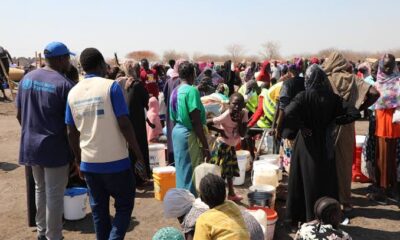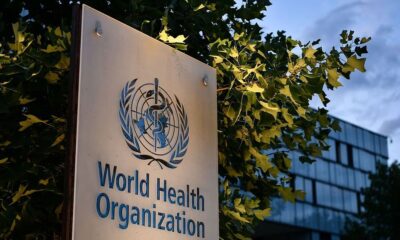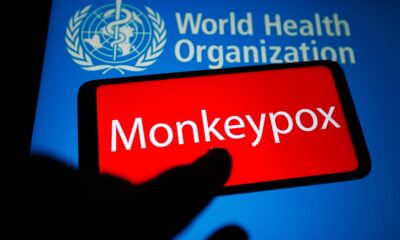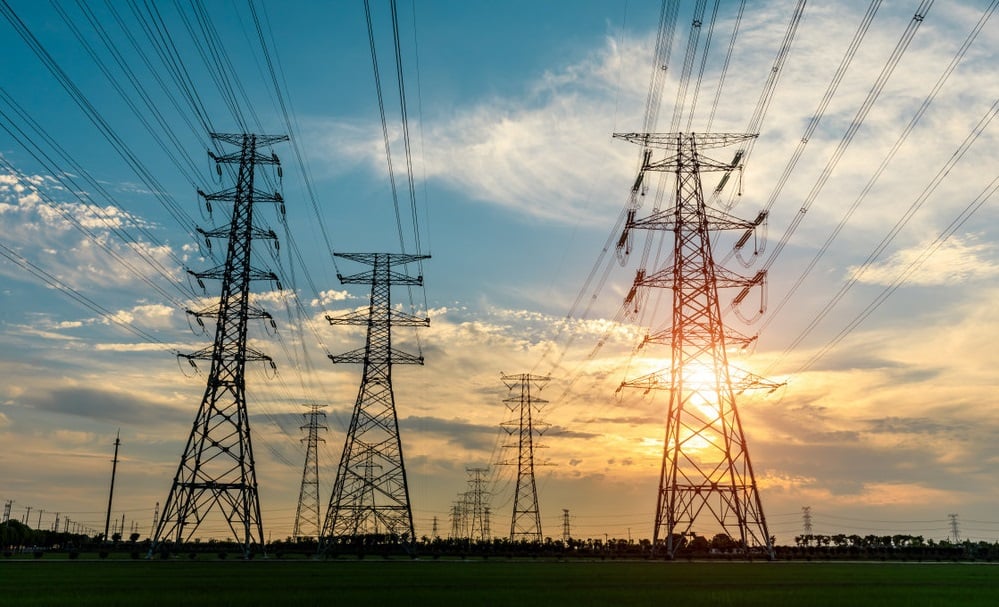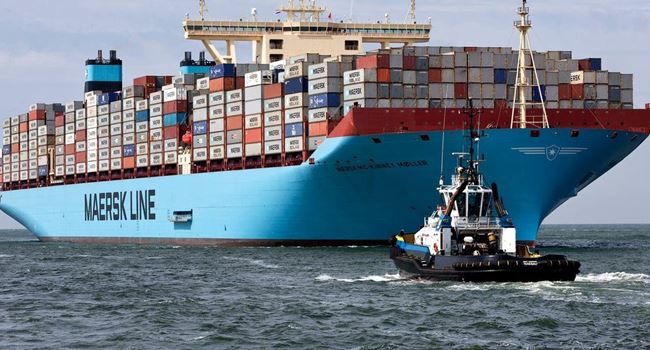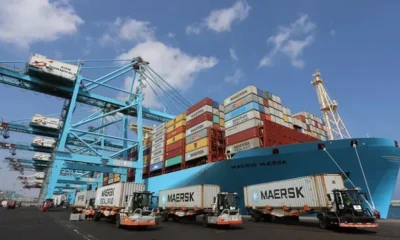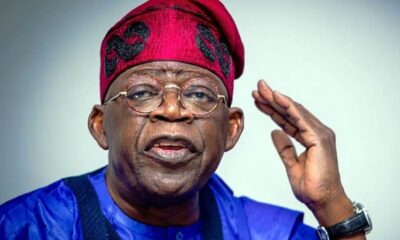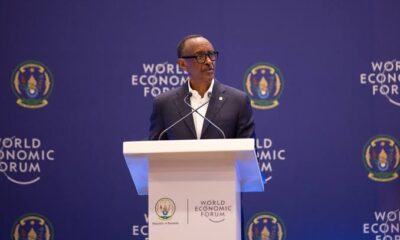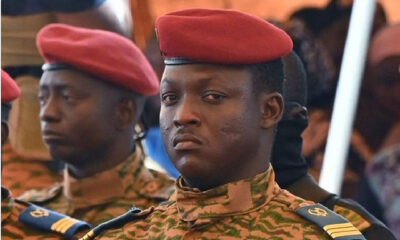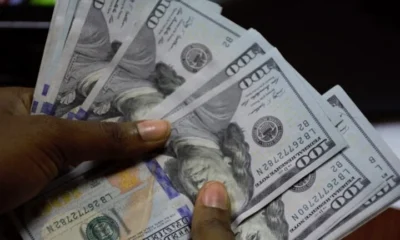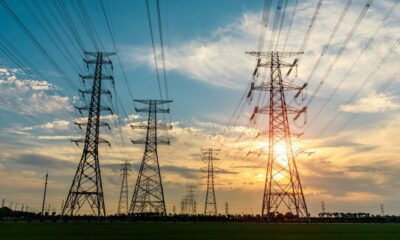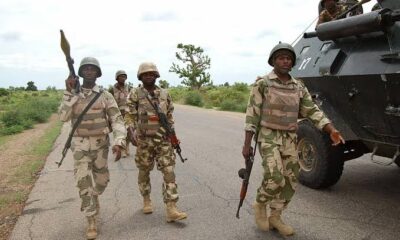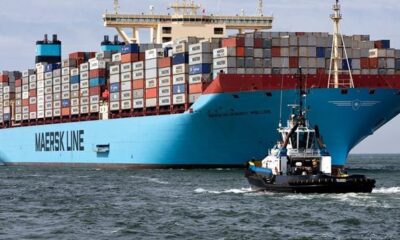A group of maritime experts has revealed that Nigeria loses $9.2bn a year to foreign shipping lines that carry goods that the country’s fleet should be carrying.
Hassan Bello, who used to be the Chairman of the National Fleet Implementation Committee, said at the inauguration of the new leaders of the Shipowners Association of Nigeria in Lagos on Friday that the national fleet should be a private-sector project.
“$9.2bn lost annually to foreigners. This is trade that goes to foreign-owned shipping companies or carriers. You could imagine what that could do to our economy if we had a national fleet. The national fleet should be an initiative of the private sector but the government should encourage it,” Bello said.
Bello, who used to be the executive secretary of the Nigerian Shippers Council, said that all the money that was meant to come from Nigeria now goes to foreigners, giving them jobs. He said again how important it was for indigenous people to be able to trade with other countries.
“You know the significance of having indigenous participation in international trade. 90 per cent of international trade is done through the sea, carried by ships from one country to another.
“And we have been missing in action, that’s the whole problem. We need to be elusive, unequivocal, and deliberate in our efforts. And that is why it is important for this association. We will see it as one of the efforts to take us out of the dungeons,” he asserted.
A person who used to be the executive secretary of the Nigerian Shippers Council complained that Nigeria’s economy was based on exporting only one good, which was crude oil.
“We have to own and operate indigenous tonnage, purely private sector driven by providing incentives that are the function of a government, friendly operating climate, like tax holidays, and a wide range of very important incentives, which other countries have used. We have no time to do that. We are talking about tax holidays. We are talking about fiscal policies, legal, and the policy changes,” he stated.
Also, Dr. McGeorge Onyung, who was President of the SOAN right before he left, was upset that Nigeria wasn’t taking advantage of the $14tn ocean economy. Onyung, who is also the Managing Director of Jevkon Oil & Gas, said that when Nigeria brought materials and equipment from China for the Lagos-Calabar train line project, it made Chinese shipowners rich instead of keeping the freight money in Nigeria.
“The economy of this country would not improve if we don’t diversify into the ocean economy. The fact is very clear that without shipping, there is no shopping. If you don’t remember anything today, please remember that without shipping, there is no shopping.
“Now, we are building a railway from Lagos to Calabar. I don’t know how much that will cost. I don’t know how long it will take. But all the wagons and the rails must come from China, wherever, by sea. And it should be ships that should bring them in. So, we should start making the money before the railway is constructed,” he averred.
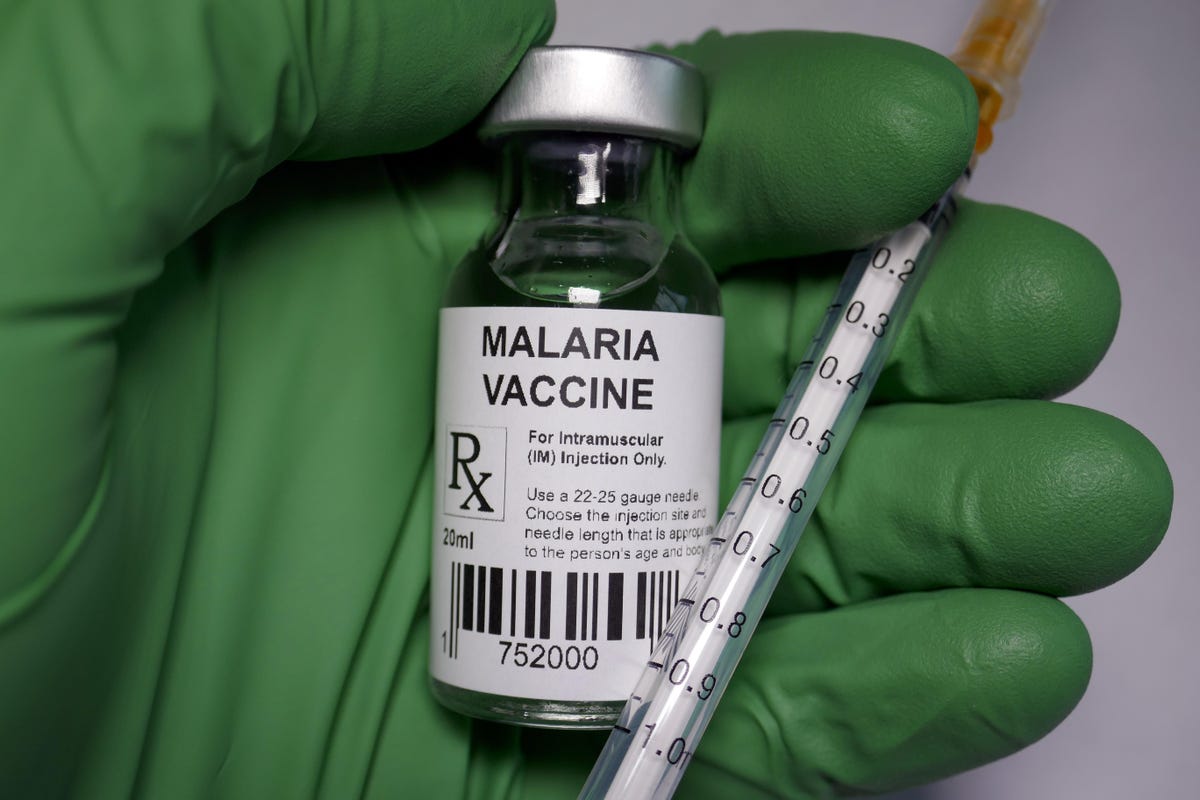

 Tech2 days ago
Tech2 days ago
 Culture2 days ago
Culture2 days ago
 Sports2 days ago
Sports2 days ago
 Behind the News16 hours ago
Behind the News16 hours ago





